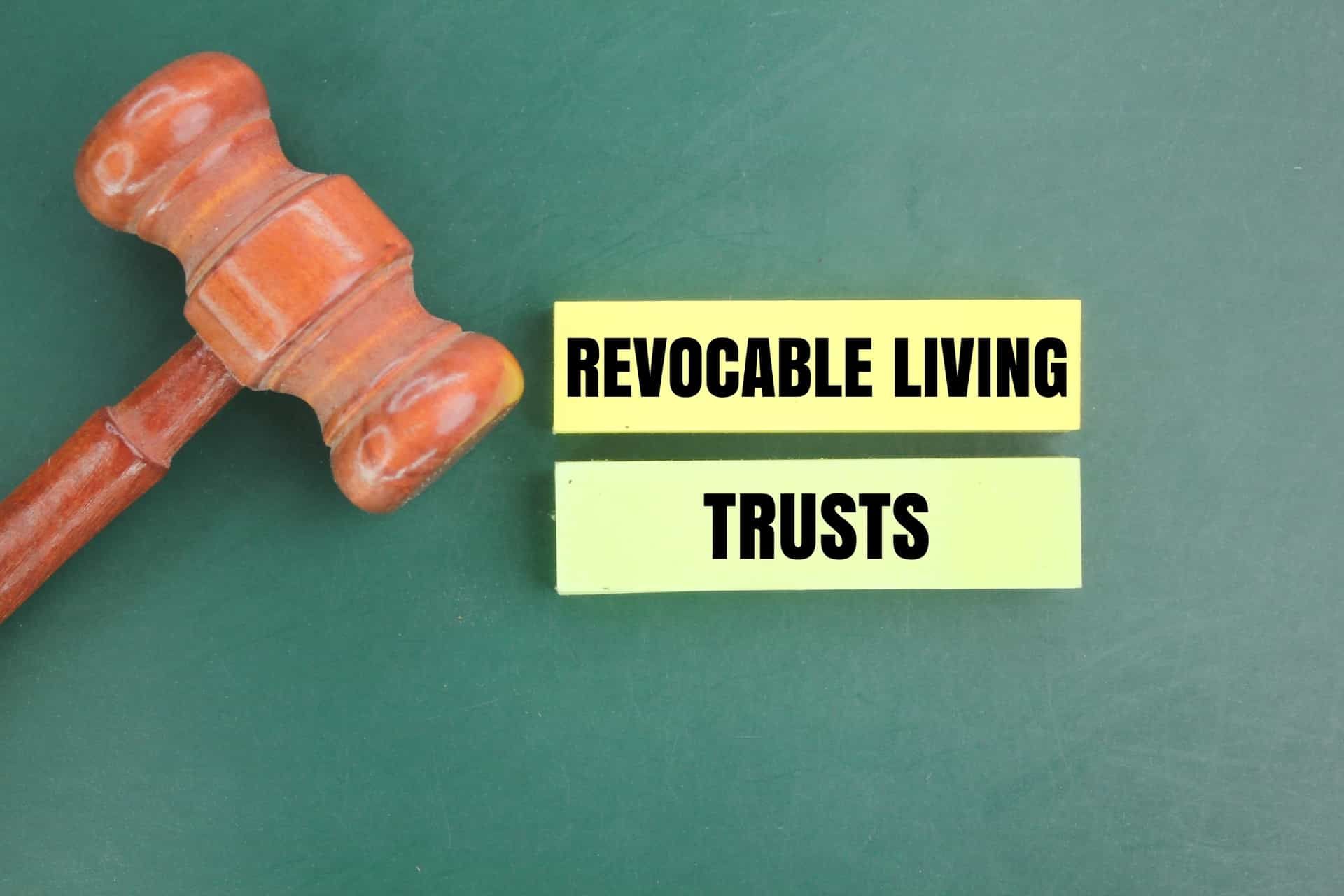How to Bring Up Conversations About Estate Planning?

Discussing estate planning can feel intimidating, especially involving close family members. Yet, these conversations are essential for ensuring that your loved ones are cared for and your wishes are honored. Estate planning isn't just about creating wills—making decisions that protect your family's future.
This guide will help you bring up estate planning conversations respectfully and effectively, creating an open dialogue about this critical topic.
Why Estate Planning Conversations Are Important?
Estate planning ensures that your assets are distributed according to your wishes and that your loved ones are financially secure. It includes drafting wills, establishing trusts, choosing guardians for minor children, and naming executors. Without proper estate planning, you may face legal complications, disputes, and unexpected costs.
Having these conversations early can avoid misunderstandings and ensure everyone is on the same page. While the topic can be sensitive, addressing it head-on benefits everyone involved.
Step 1: Choose the Right Time and Place
The first step to discussing estate planning is choosing the right moment. You want a time and place where everyone feels comfortable and can focus without distractions.
- When to Talk: Consider bringing up estate planning during family gatherings, like holidays, when everyone is present. Alternatively, schedule a separate meeting dedicated to this discussion.
- Where to Talk: Choose a quiet and private location, such as a family member's home or a cozy meeting room. Avoid discussing serious matters in public or during stressful events.
Step 2: Start the Conversation Gently
Bringing up estate planning requires sensitivity. Use a calm and non-confrontational tone to set the right mood. You might begin with a personal story or example illustrating why estate planning is essential.
Examples of Conversation Starters:
- "I recently read about how a family struggled without a will. It got me thinking about how we can avoid that situation."
- "I just finished updating my estate plan, and I realized we've never discussed this as a family."
- "I'd like to ensure we're all prepared in case something unexpected happens. Can we talk about estate planning?"
Starting with a story or shared concern helps others see the importance of the discussion without feeling pressured.
Step 3: Focus on the Benefits
Frame the conversation around the benefits of
estate planning techniques rather than the negative consequences of not having one. Highlight how it ensures that loved ones are cared for and simplifies things during difficult times.
Benefits to Emphasize:
- Protecting family members financially.
- Avoiding potential disputes over inheritance.
- Ensuring children or dependents are cared for.
- Minimizing taxes and legal complications.
Focusing on these positives creates a constructive atmosphere that encourages participation.
Step 4: Be Transparent About Your Intentions
Let your family know why this discussion matters to you. Your honesty will help others open up, whether ensuring clarity about your wishes or reducing stress for future generations.
Example Statement:
- "I want us to discuss this so there's no confusion or stress later. I love you all and want to make sure everything is clear."
Step 5: Include All Key Stakeholders
Estate planning often involves multiple family members and sometimes even close friends. Be sure to include anyone who will play a role in managing your estate or who will be affected by your decisions. This might include:
- Spouses or partners.
- Adult children.
- Siblings.
- Executors or trustees.
Having everyone involved ensures transparency and reduces the likelihood of misunderstandings later.
Step 6: Use Resources to Guide the Discussion
Many people need clarification on what estate planning entails. Bring materials or resources to help clarify the process. You could share articles or brochures or even invite a financial advisor or estate planning attorney to join the discussion.
Recommended Resources:
- Information on wills and trusts.
- Tools for documenting financial assets.
- Guidance on appointing power of attorney or healthcare proxies.
Having these resources on hand makes the conversation more practical and informative.
Step 7: Address Common Concerns
Some family members might hesitate to discuss estate planning for various reasons, such as discomfort with death or a lack of understanding. Be prepared to address these concerns calmly and respectfully. For Naples residents, it's important to also consider the
estate planning essentials for naples residents, which may include local laws, tax implications, and property considerations specific to the area, ensuring that your estate plan aligns with regional regulations and needs.
How to Respond to Concerns:
- "I understand it's uncomfortable, but this is about protecting our family's future."
- "We don't have to make all the decisions today. This is just the first step."
- "It's not just about money—it's about making sure everyone knows what to do."
Step 8: Prioritize Listening
While you may have specific goals for the conversation, listening to others' perspectives is essential. Family members may have questions, concerns, or suggestions about the estate planning process. Giving them the space to share makes the conversation collaborative rather than directive.
Step 9: Take Action Together
Once you've had the conversation, discuss actionable next steps. This might include:
- Scheduling a meeting with an estate planning attorney.
- Gathering necessary documents like wills, insurance policies, and financial records.
- Assigning roles, such as naming executors or guardians.
Working on these tasks as a family helps ensure everyone is invested in the process.
Tips for Keeping the Conversation Ongoing
Estate planning is not a one-time event. As circumstances change—whether due to marriage, the birth of a child, or financial shifts—it's essential to revisit and update plans. Furthermore,
Estate & Trust Administration plays a crucial role in ensuring that your wishes are carried out smoothly after your passing. Make it a habit to review estate plans every few years or whenever major life events occur.
Conclusion
Bringing up estate planning conversations can be manageable. You can create an open and productive dialogue with your loved ones by choosing the right time, being transparent, and focusing on the benefits. These conversations are about more than just legal documents—protecting your family and honoring your wishes.
Start your estate planning journey confidently—contact
Jostock & Jostock today to schedule a consultation with our expert team.
Disclaimer: The information on this website and blog is for general informational purposes only and is not professional advice. We make no guarantees of accuracy or completeness. We disclaim all liability for errors, omissions, or reliance on this content. Always consult a qualified professional for specific guidance.






